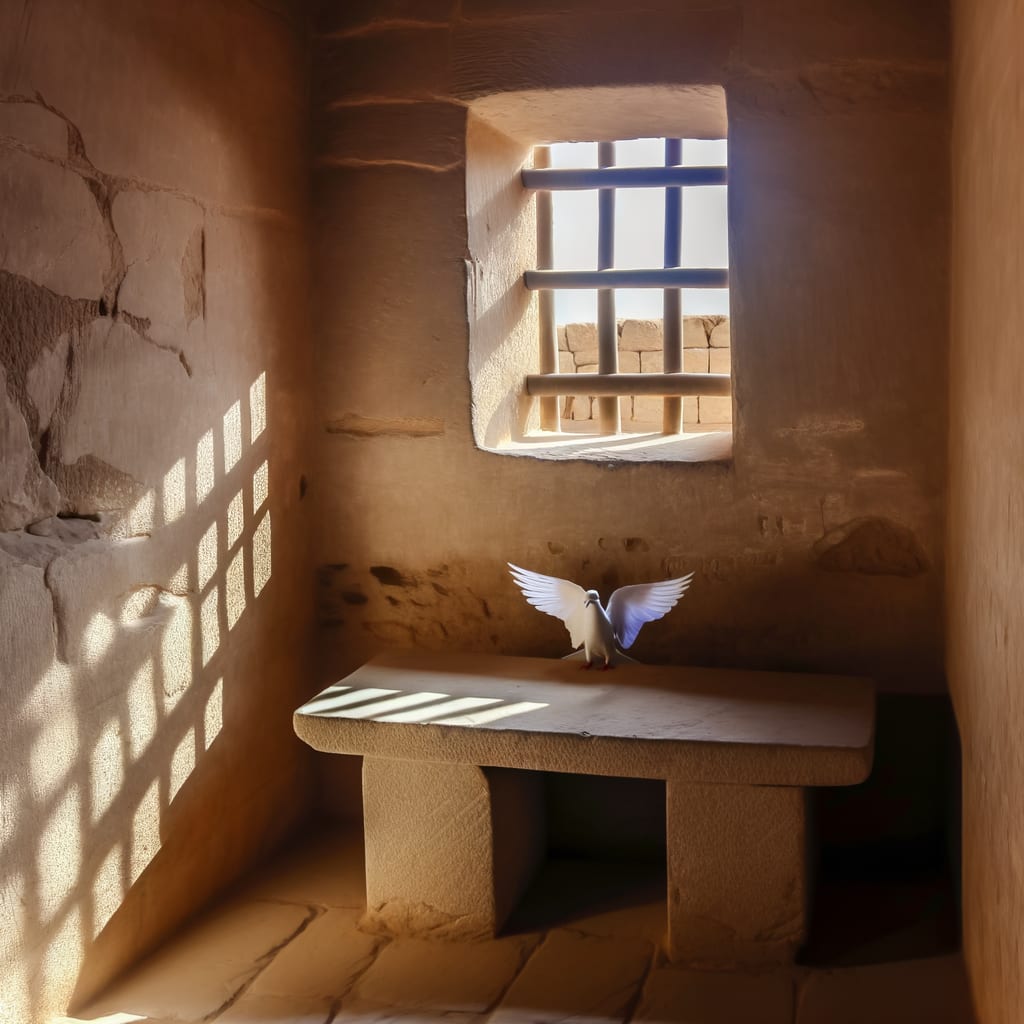Egypt's Most Prominent Political Prisoner Alaa Abd El Fattah Granted Presidential Pardon
Egypt's President Abdul Fattah al-Sisi has pardoned Alaa Abd El Fattah, a well-known British-Egyptian activist and blogger, who has spent most of the past 12 years in prison. His release has come after years of international lobbying, pressure from Egypt's national human rights council, and personal hunger strikes by Abd El Fattah and his mother.
Background and Context
Alaa Abd El Fattah, a dual British-Egyptian citizen, became one of the most recognizable figures of the 2011 Arab Spring uprising. His activism and blogging led to multiple imprisonments during the tenures of former presidents Mubarak and Morsi. The last of these imprisonments occurred in 2019, when he was arrested and subsequently sentenced in 2021 to a five-year jail term for spreading false news
related to a Facebook post he liked.
Key Developments
Abd El Fattah's pardon was announced alongside the commutation of sentences for five other prisoners, according to state media. His release follows years of detainment, during which he and his mother undertook hunger strikes to press for his freedom. The decision to free Abd El Fattah also comes on the heels of increased international pressure and a petition from Egypt's human rights council.
Reports indicate that the UK government played a significant role in lobbying for Abd El Fattah's release. The 43-year-old activist's pardon also followed an intensive campaign by Egypt's national human rights council.
Implications and Reactions
Abd El Fattah's pardon is seen as a significant turn of events in the Egyptian political landscape. His case has been widely reported and his treatment in prison has been the subject of international criticism. The pardon signals a potential shift in the Sisi government's handling of political dissidents, a topic that has been a flashpoint for human rights organizations.
Current Status
Alaa Abd El Fattah is now free after receiving the presidential pardon. He was one of six prisoners whose sentences were commuted by President Abdul Fattah al-Sisi. His release comes as a relief to his family, supporters, and international observers who have followed his case closely over the years. However, the broader implications of this pardon for other political prisoners in Egypt remain to be seen.

